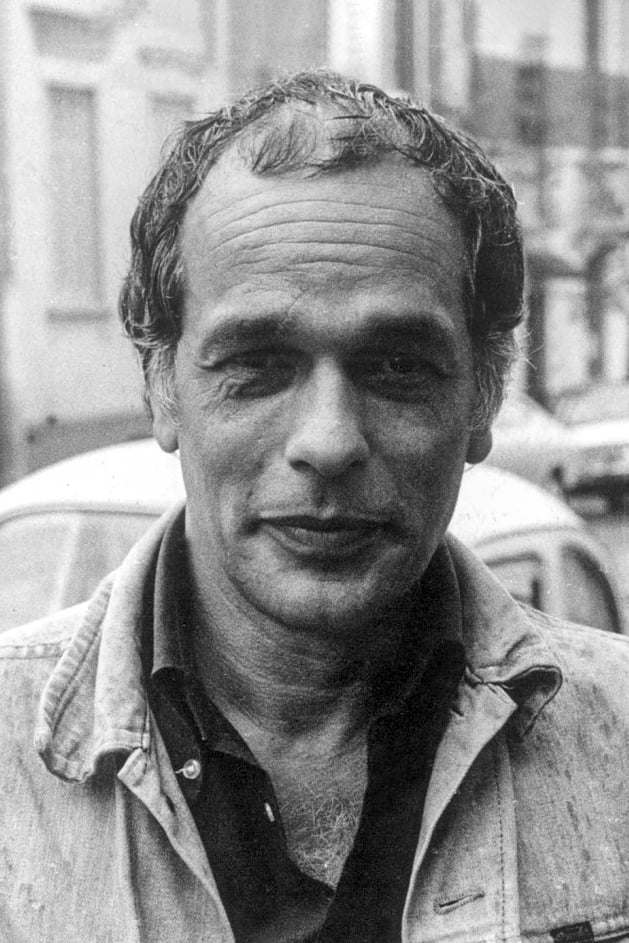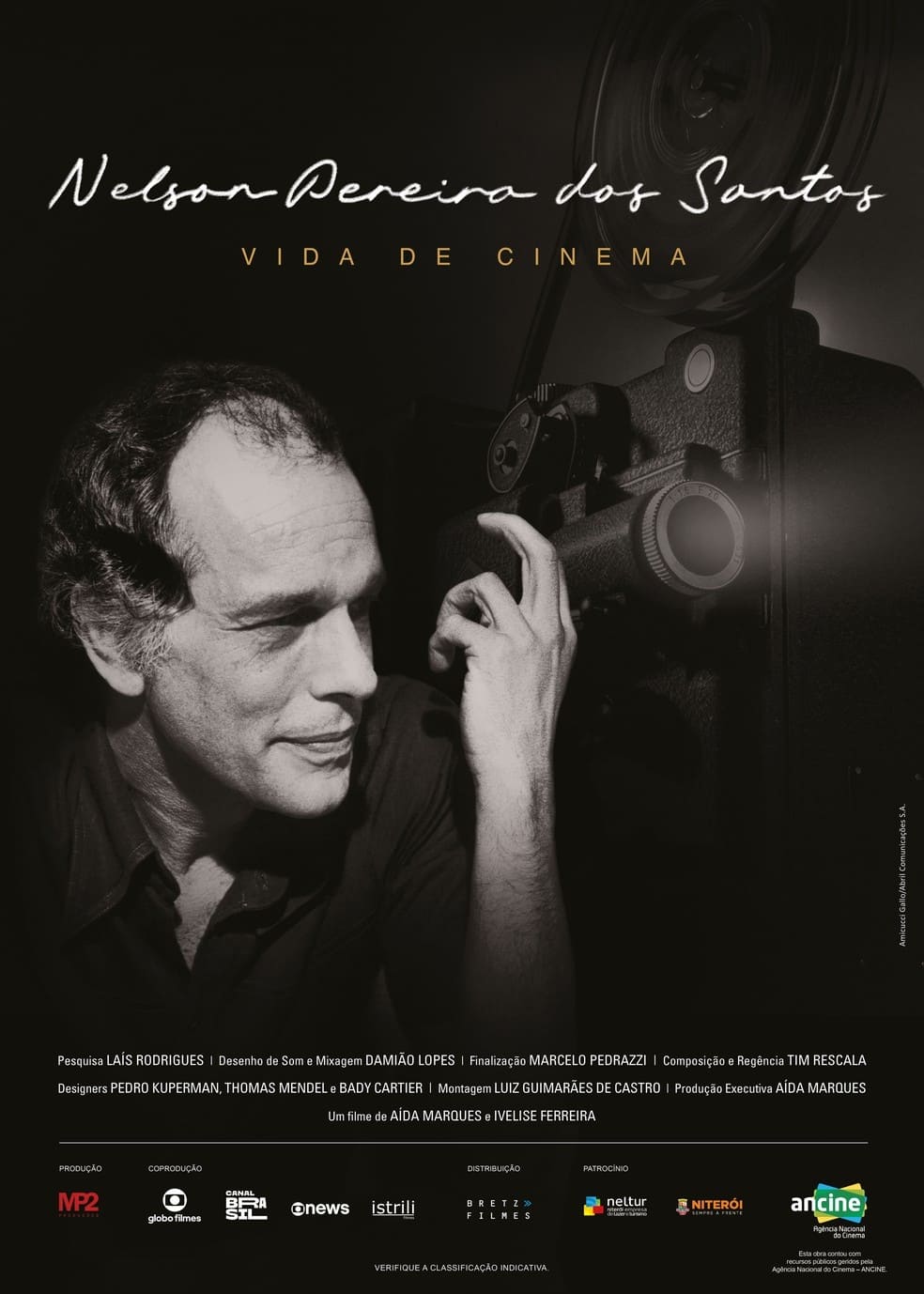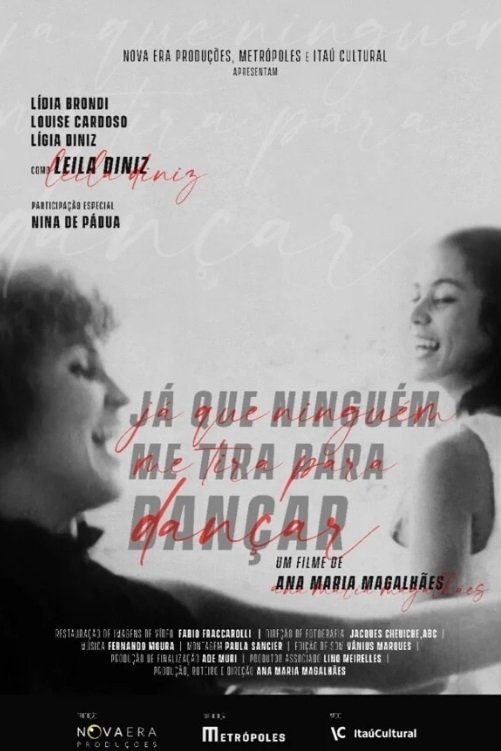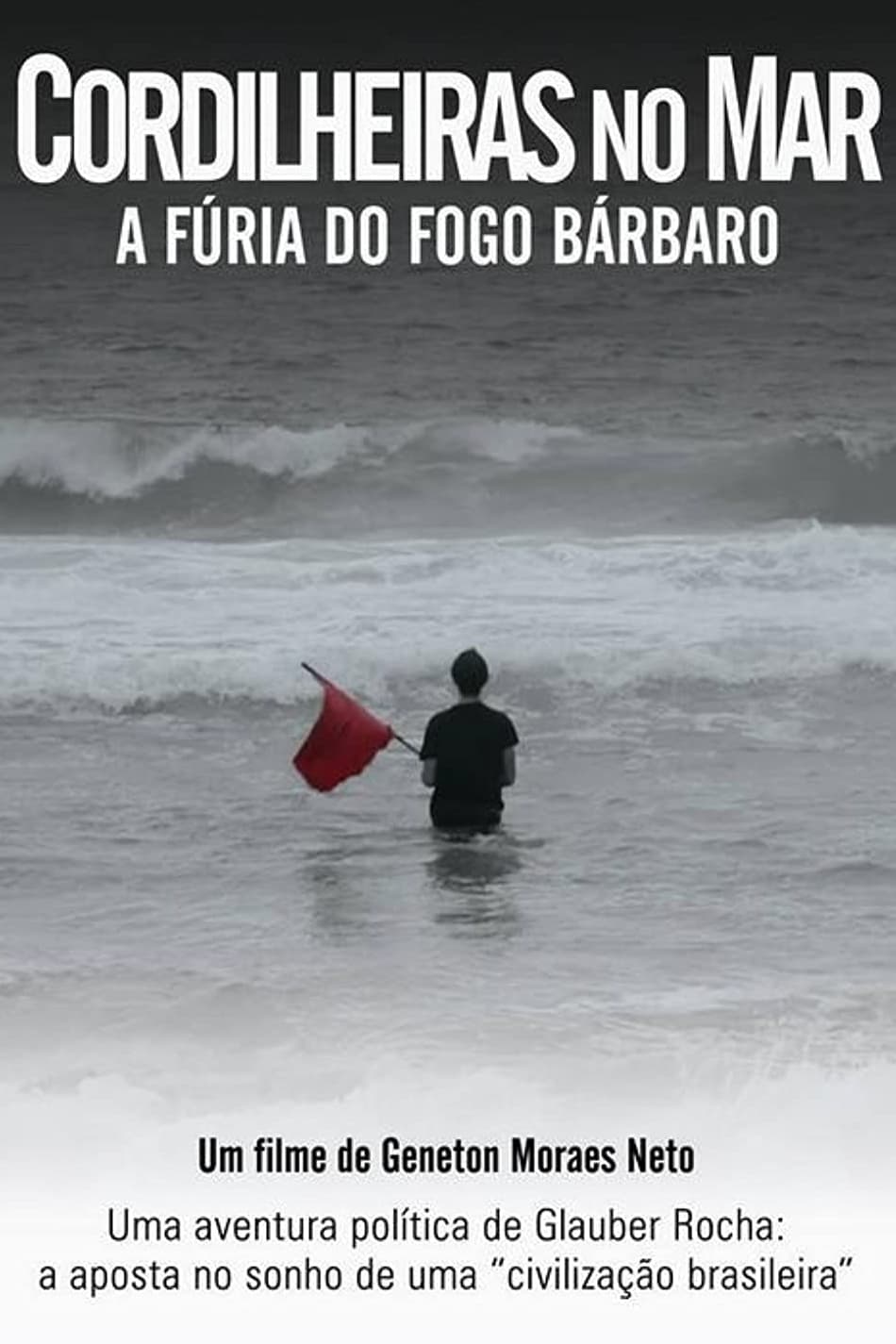

Nelson Pereira dos Santos ComRB • OMC (São Paulo, October 22, 1928 — Rio de Janeiro, April 21, 2018) was a Brazilian film director, producer and screenwriter. Having been one of the founders of the Cinema Novo movement, his production spans a period of 60 years in the history of Brazil. Considered one of the most important filmmakers in the country, he was strongly influenced by the works of the 1930s generation of Brazilian literary modernism, having adapted works by Graciliano Ramos and Jorge Amado for cinema. His film Vidas Secas, based on Graciliano's novel, is one of the most awarded Brazilian films of all time, being recognized as a masterpiece. In 2006, he was elected Immortal by the Brazilian Academy of Letters, a position he held until his death in 2018.

For six decades, the cinema of Nelson Pereira dos Santos...

Conducted from interviews with personalities who lived with Leila Diniz...

An authentically marginal cinema created in Catholic university in Brazil....

Two years of research and visits to collections, cinematheques and...
